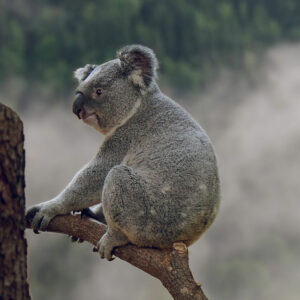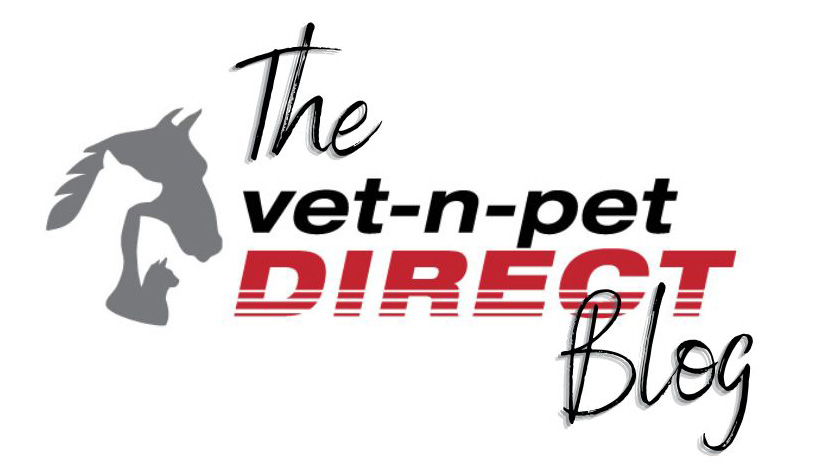Currently Australia is dealing with catastrophic and unprecedented fire conditions with multiple bushfires burning across many states, seeing homes, land, belongings and sadly lives being lost.

Bushfires are a common occurrence in Australia and along with the impact on us humans they also have a detrimental effect on wildlife. Wildlife caught in fire areas will often perish during the fires or can be injured, orphaned or can become displaced after suffering habitat loss. Thankfully there are a number of Wildlife and Rescue Organisations working around the clock to help the innocent animals caught up in fires. But what can you do to help? Here are a few things you can do to help the wildlife in your area during a bushfire.
- When possible, keep dogs and cats inside or secured so that wildlife are able to seek refuge in your backyard if needed. If you do have to evacuate your property take your pets with you.
- Put out bowls of water for wildlife and birds. Place a few around the yard in different places and in trees where possible so that all animals in need can get access.
- If you have a swimming pool put something in the pool that will help give an animal a way to get back out. A rope, board or anything that will float, dangled into the water and secured at the other end will give tired wildlife and birds something to hold onto or rest on and can assist them to get out of the pool.
- Be prepared with a little rescue kit including a box and towel so if you come across any injured wildlife you have something readily available to help it. Keep one in the car as well incase you find any injured wildlife while out and about.
- Know the number of a local wildlife rescue or a larger organisation like the RSPCA or WIRES that will then be able to direct you in the right direction.
- If you do rescue an animal and you are able to get it to a veterinarian as quickly as possible that is advisable. This way a vet can make a health check and assist with the urgent care that might be required before passing the animal on to a registered carer.
- Do not try to catch or approach larger wildlife like kangaroos or wallabies these will need to be rescued by trained wildlife handlers. The same applies for snakes, bats and flying foxes which can be dangerous or spread diseases and should be only handled by trained specialists.
- Keep in mind that wildlife are not use to interacting with humans and during times of stress, like fires, illness or injury animals can become more aggressive than usual.
- Never enter a fire or fire area looking for injured wildlife, please leave that the professionals.
- If you are a sewer or builder you could look at making nesting boxes or sewing pouches for joeys and other injured wildlife. Wildcare have patterns available on their website here.
Most wildlife rescues, organisations and carers are volunteers who work tirelessly to help these animals in need. I for one am so grateful that caring people like this exist to help and protect these wildlife in their time of need.
At vet-n-pet DIRECT we have been able to help two local organisations, Wildcare Australia and The Rescue Collective, with donations and supplies that they have then been able to pass on to the wildlife carers. Without the help of the public through generous donations of supplies and money a lot of wildlife would go without help that they need. If you would like to help these organisations to volunteer your time, services or make a donation you can contact most of them via email or find them on Facebook.
Until next time,
Bec

As a wildlife carer I appreciate everyone that cares for wildlife in whatever way they do such as transport,rescues, caring, call takers on wildlife emergency line, sewers etc. Your store is really helping the animals and carers by providing your support. I am waiting to see how dreadful the toll will be on our wildlife when the fires are controlled and the wildlife groups can do the terrible task of searching for the animals that need our care. I am in the progress of cleaning cages, getting stores ready and just waiting for the poor animals that will come into care. In the meantime I am only to happy to assist in getting supplies out to carers or to give them a hand if required.
Desley 0402515221 .
Hi Desley,
Thank you for your hard work helping wildlife in need! Yes it will take a while until all animals in need are found and this is not going to be a short sprint getting these animals healed. Plus unfortunately we have to wait until habitats regenerate to release them back home. We are trying to help as much as we can and we hope that everyone can continue to support our wildlife carers in the months to come.
keep up the good work Desley.
🙂